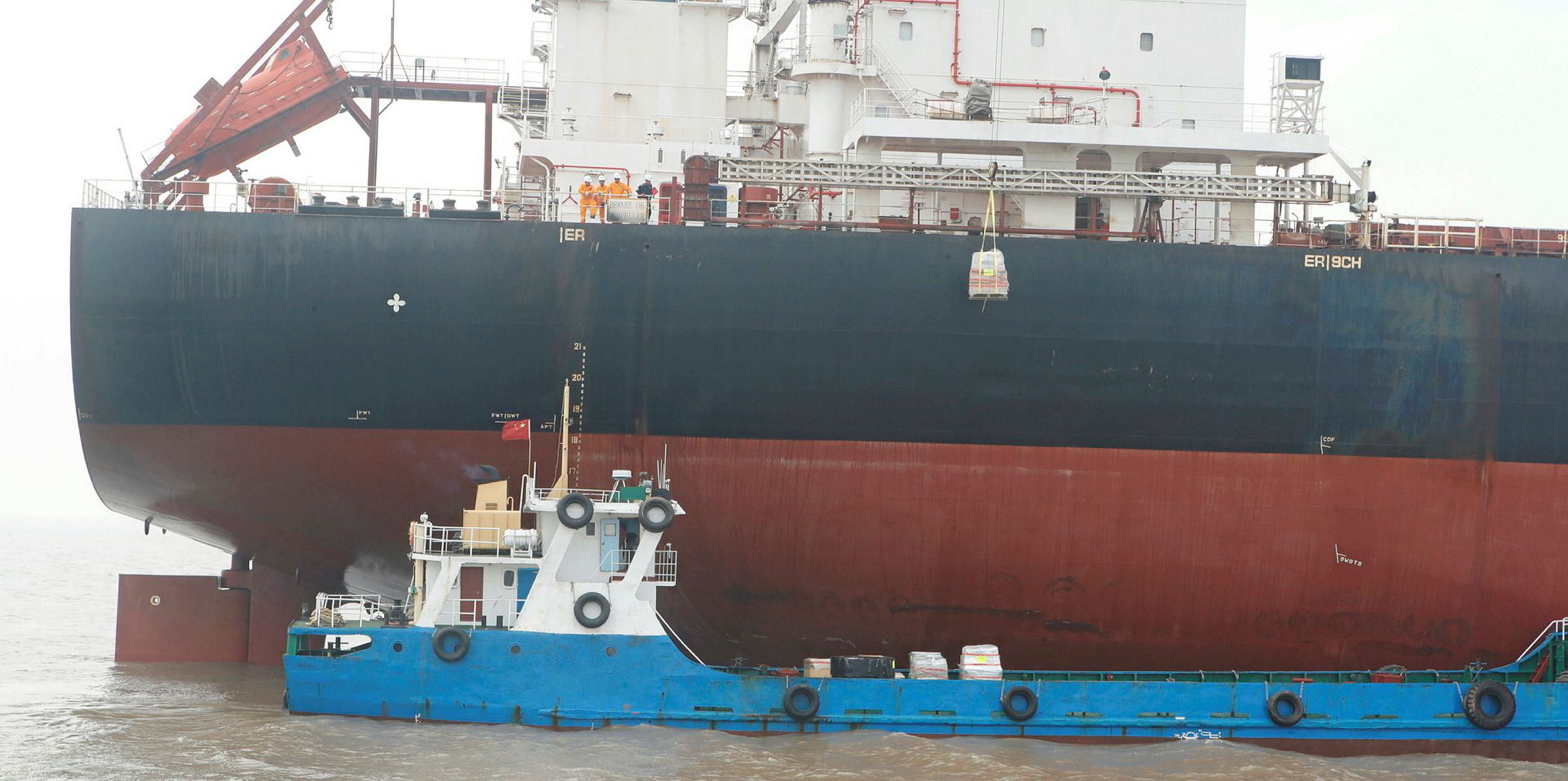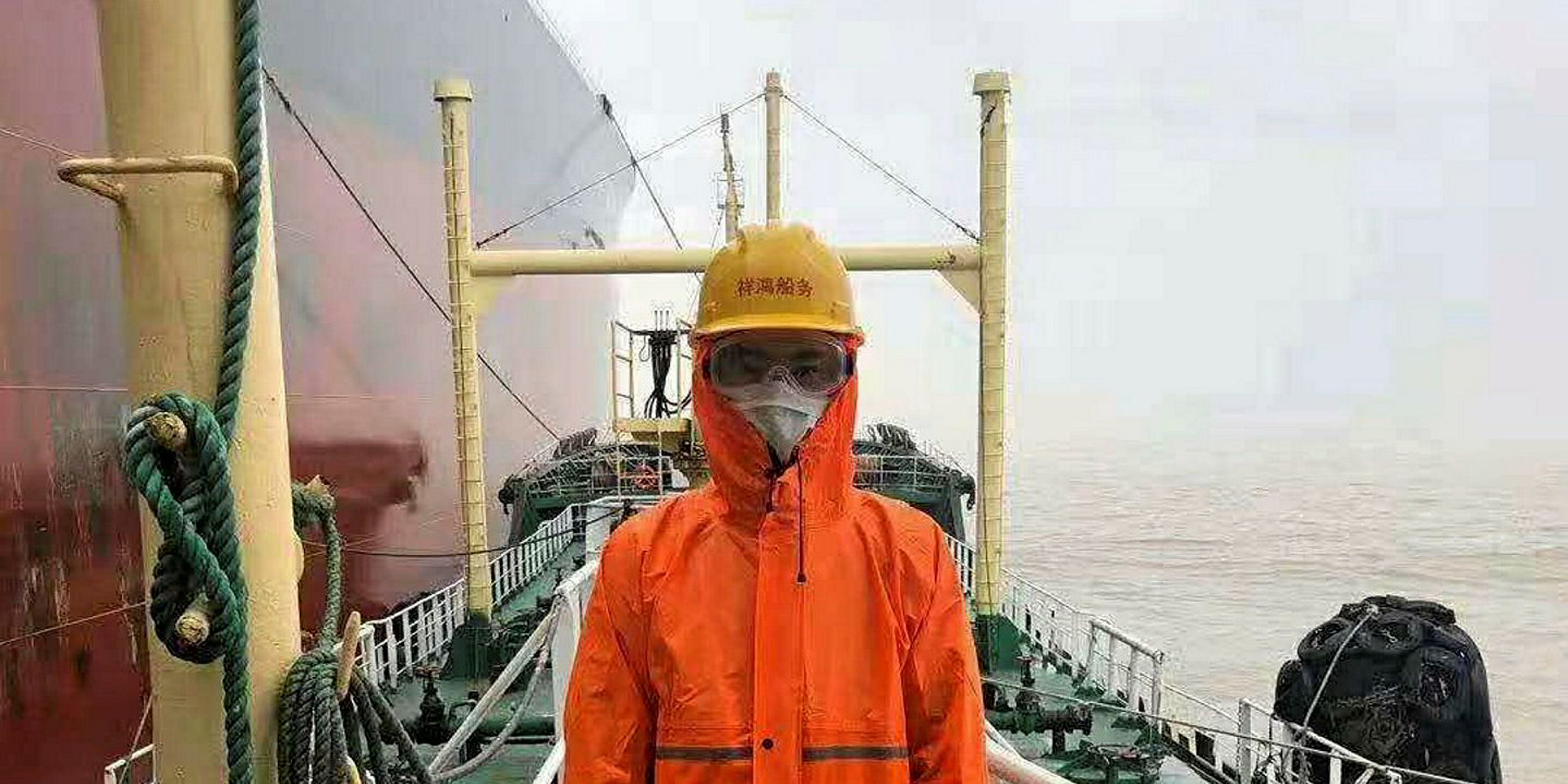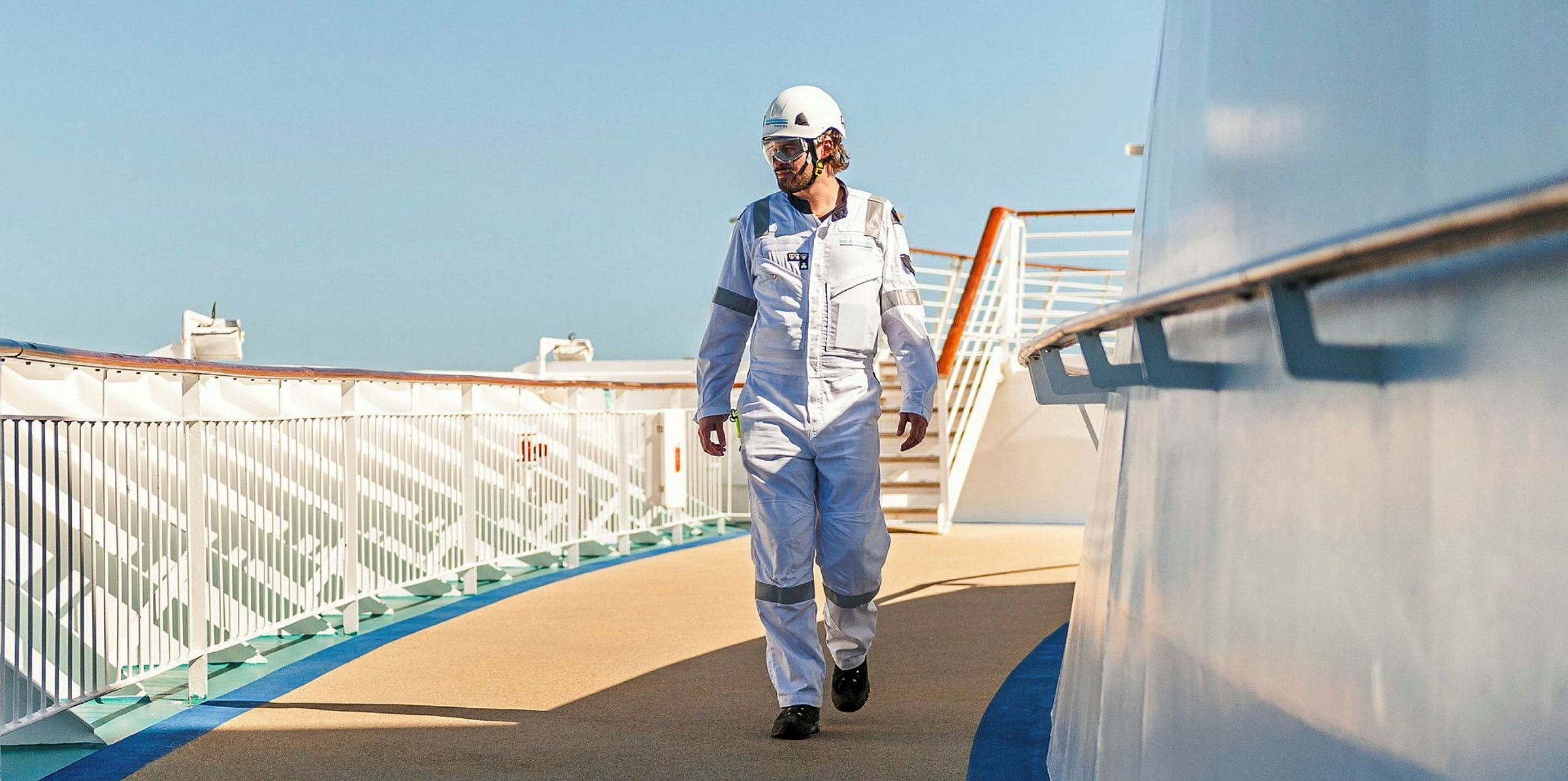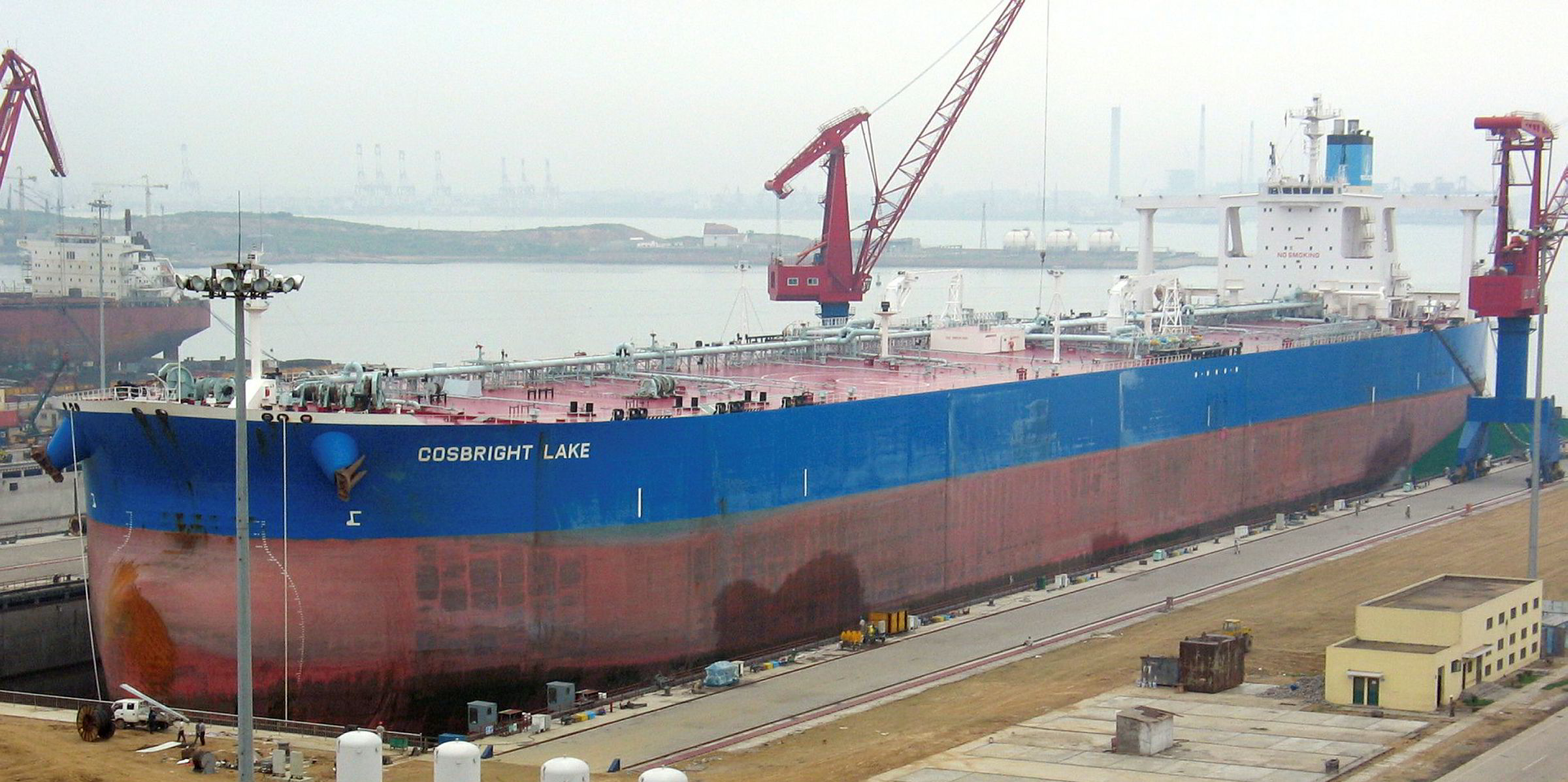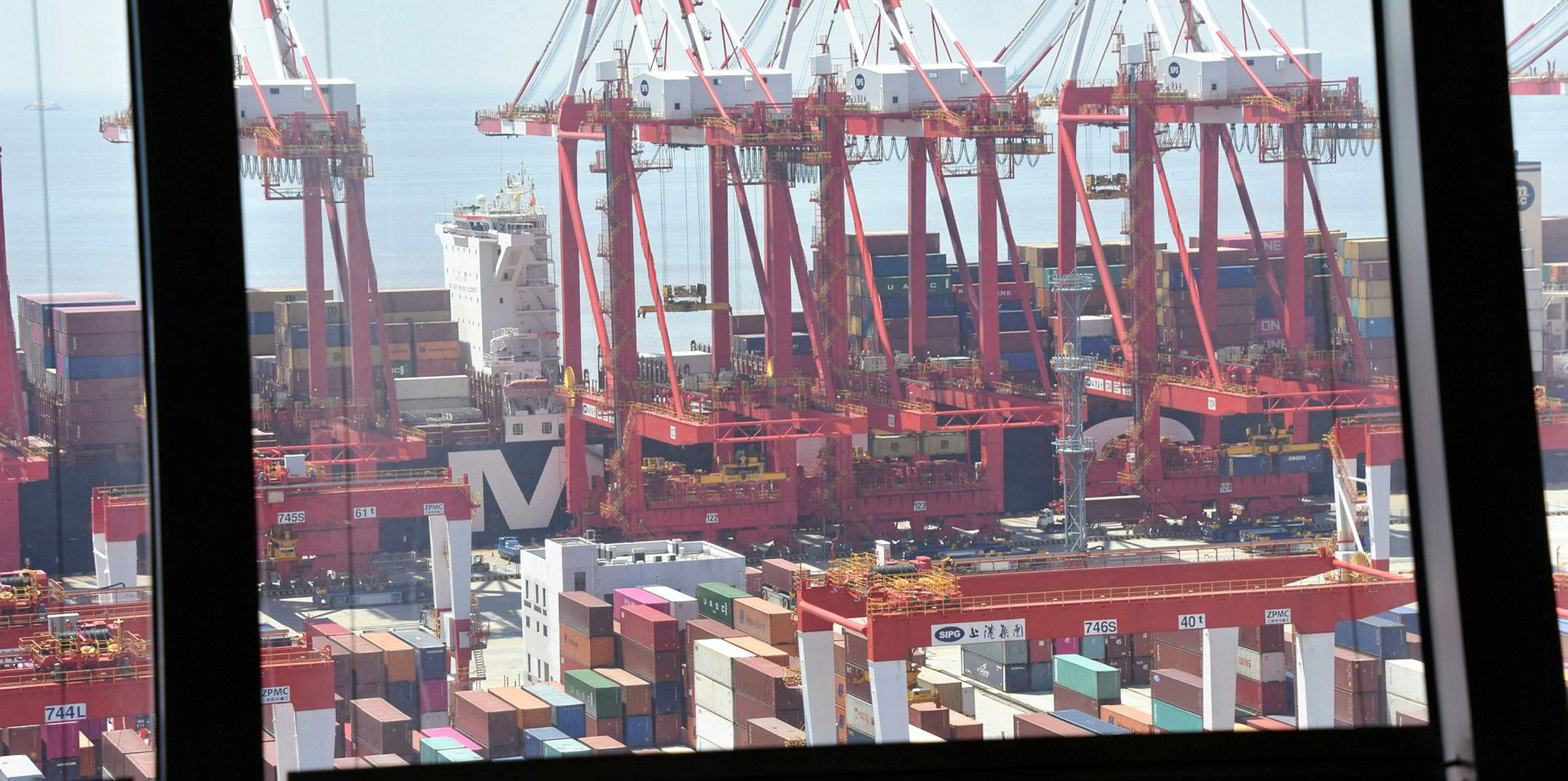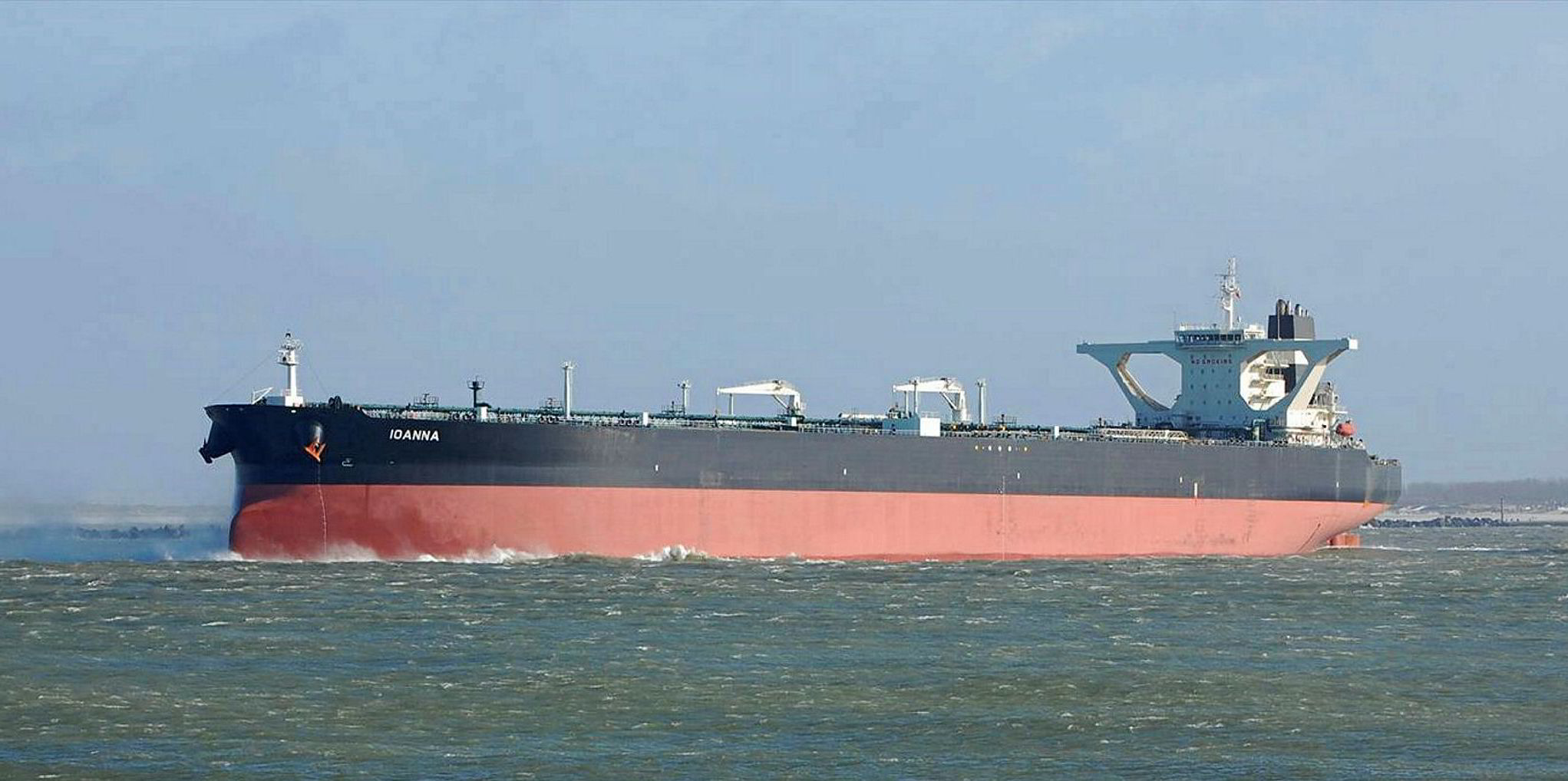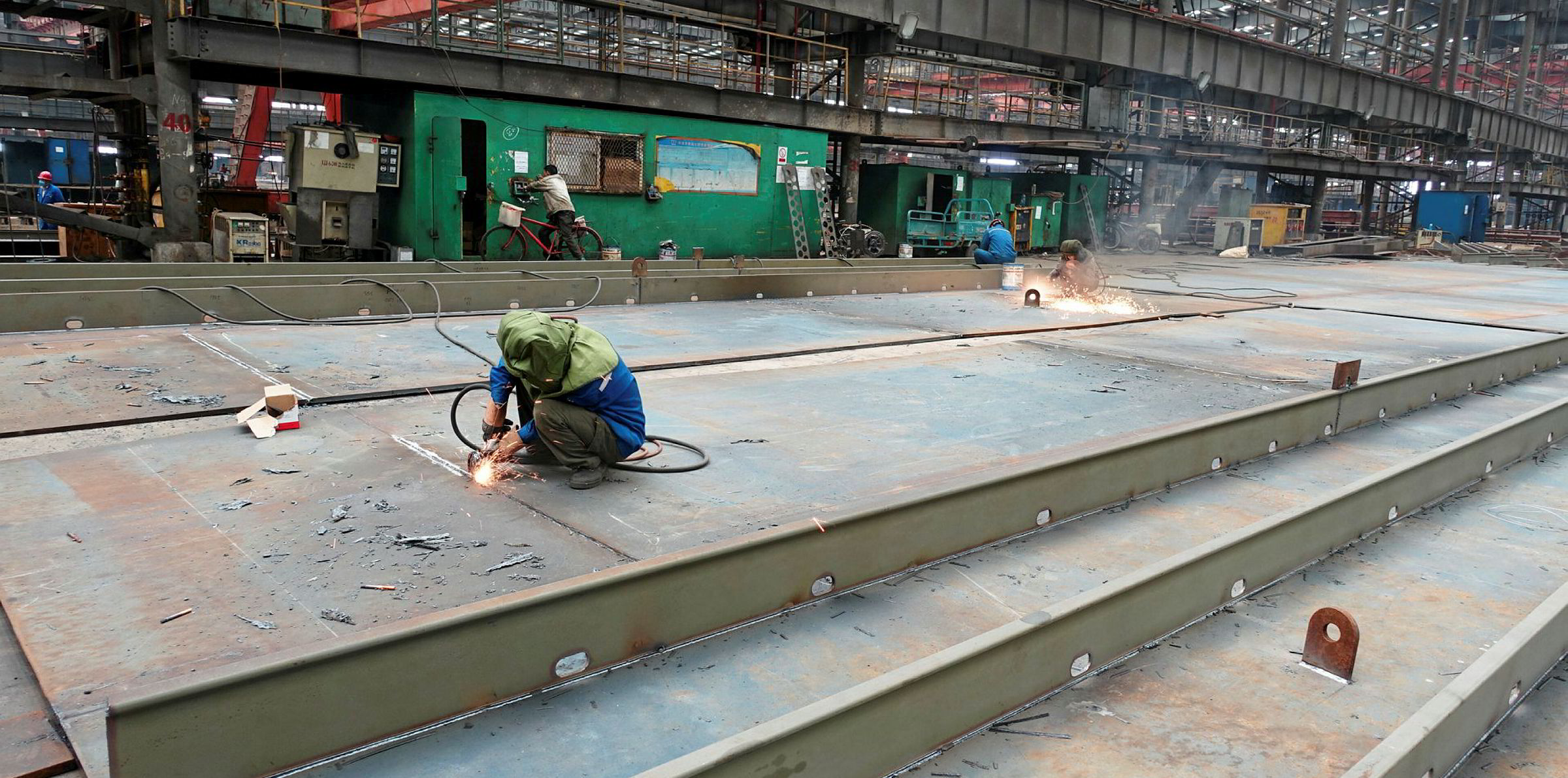China's port of Zhoushan is working to calm shipowners and bring back business with measures to protect crews from the Covid-19 coronavirus epidemic.
"We have 43 bunkering barges at work now," Ryan Wang, deputy director of the Zhoushan International Marine Service Base's construction headquarters office, told TradeWinds on Friday.
"All our bunkering suppliers are still active, and earlier this week we inspected crew lists to make sure that no crew on any of the boats are from the main epidemic area."
Besides screening for at-risk bunkering crew members, Wang said the port is making sure vessels are sterilised regularly and that crews wear masks, gloves and goggles during operations.
'Non-contact' operations
The extent of contact between Chinese bunkering crews and seafarers on foreign-going ships is left up to the master, but extra precautions are being encouraged.
"We recommend non-contact operation, electronic signatures and [skipping] survey and tally during operation, to minimise face-to-face contact with crew on vessels," Wang said.
Masters can choose to carry out fuel surveys and tallying, but most are avoiding it, he added.
The 45,800-dwt MR2 product tanker Barcan III (built 2004) is one example of a vessel that took advantage of the non-contact option.
Wang said the vessel just finished a water supply at anchorage.
"Non-contact operation was applied, no crew went from the vessel to barge, and no crew from the barge went onboard the vessel," he said.
"And the electronic signature was applied by master."
Crew exchange has been another challenge for owners calling in China and many have suspended all exchanges of Chinese crew.
Zhoushan is still in the business, here also with similar precautions to rule out crew members at risk of virus exposure.
"Many ports in China have suspended crew exchange services, but we are helping arrange crew exchanges and visits of technical crews to vessels. The shipowner's local port agent in Zhoushan will know the procedure if you want a crew exchange. At this point there are not too many, because shipowners are avoiding crew exchange in China," said Wang. "But here they are not significantly delayed."
Quarantine measures aimed at slowing the spread of the coronavirus have taken a heavy toll on labour mobility in China.
In ship service, this includes not only shiprepair and shipbuilding, but also routine port activities including crew exchanges and bunkering.
But industry sources tell TradeWinds that activity within the far-flung island municipality of Zhoushan is comparatively unrestricted — although bridges and ferries connecting the rest of Zhejiang province to the archipelago is still tight.
The coronavirus crisis has come during a period when the Chinese central government is backing efforts by the Zhoushan port to build up an internationally oriented, competitive service centre, based on the advantageous location of Zhoushan for bunkering and shiprepair business.
That project, under the full official name China (Zhoushan) International Maritime Service Base, is part of China (Zhejiang) Pilot Free Trade Zone.
In a message to shipowners provided to TradeWinds, the port body emphasised efforts to shield crews from exposure, both by vetting local staff and by measures to reduce contact with onshore personnel.
"During Covid-19 epidemic control, comprehensive maritime service providers of Zhoushan are allowed to provide services for foreign-going vessels at Xiazhimen anchorage, Mazhi anchorage, Xiushandong anchorage and Tiaozhoumen anchorage, including bunker or lubricant supply, materials and parts supply," officials wrote in the announcement.
"Crew exchange is allowed subject to approval by port administration departments.
"Foreign-going vessels are obliged to take precautions and clarify the vessel’s route, crew exchange record and crew’s health condition before vessel arrival."
The message can be read in full here.
